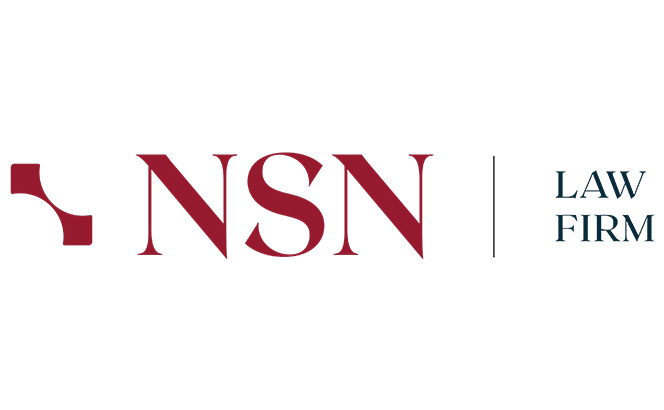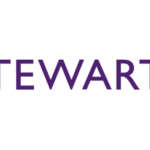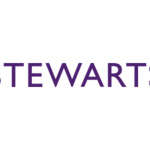Bilge Derinbay describes an effect of developments on technology to marketing activities in digital platforms under the sense of recently published regulations in Turkey
With the development of technology and the rapid growth of digitalisation in each sector, it is seen that companies are also sustaining their business to digital in order to increase their business capacity and customer group. At the same time, they carry on work and co-operate to easily adapt to digitalisation and changing conditions. An example of this is the emergence of NFTs, which have been trending lately – Nike, one of the important companies in sportswear, announced that it had purchased a company that is a creator of virtual sneakers and collectibles, merging realities in fashion and gaming. With this sale, it can be said that Nike has already taken its place in the metaverse ecosystem.
The biggest advantage of digitalisation to companies is that thanks to their digital advertisements, they can easily deliver their products and services to the larger mass of consumers. Especially with the emergence of the concept of the influencer, which is now becoming a profession, companies in different sectors advertise their products and services through influencers on different digital platforms.
Although companies can keep up with technology and digitalisation very quickly, unfortunately, the same cannot be said for the law. In other words, in the face of these developments, the law is more slow-paced than companies to keep up with these developments by making the necessary regulations. In order for the law to follow the developments, it must first observe the developments closely for a certain period of time, then identify the problems caused by the developments and make a regulation accordingly. For example, the use of artificial intelligence (AI) in the business world has increased considerably in recent years. Companies frequently use AI in various fields such as creating algorithms, improving communication with customers, executing job applications, and analysing data. Although this seems like a completely positive development, various problems arose with the use of AI. One of these problems is the ethical issue of AI. In this regard, a company used AI while conducting job advertising on websites, and it was seen that this AI showed job advertisements such as chief executive and engineering to men and job advertisements such as nurses and teachers to women. Therefore, the emergence of the ethical issue of AI has been noticed as a result of its use. For now, there is no regulation in Turkish Law regarding this problem yet, but it is a subject of great debate.
Although there are temporal differences between the adaptation of companies to these developments in the digital world and the adaptation of the legal order, the legal order also manages to catch up with the developments at some point. In Turkish law, regulations have been made to solve the legal issues that arise in many different areas such as commercial law, consumer law, advertising law, tax law, especially in advertisements made through influencers.
In Turkish law, regulations have been made regularly in this regard since 2020. The first of these introduced many significant new liabilities such as appointing representatives of foreign social network providers, complying with the management system with the biannual reports and storing the data of users who access in Turkey, on social media platforms and online services with over one million daily users to provide extended control over platforms like Facebook, Twitter, and YouTube. The social network providers that fail to comply face steep fines, bandwidth reduction, and advertising bans.
Secondly, following the enforcement of the new regulation on the legislation concerning social media platforms, the Information and Communication Technologies Authority published its procedures and principles regarding the implementation of obligations of social network providers on 2 October 2020. The importance of the decision lies on the provisions setting the scope of the concepts such as the provider, qualification of the representative, the representative’s obligation of providing contact information, the individual’s removal requests, and data localisation. These two new regulations seem to aim to ease the general control over social media content.
Shortly after these regulations, the Turkish Advertisement Board published The Guide on Commercial Advertisement and Unfair Commercial Practices Conducted by Social Media Influencers on 4 May 2021. The Guide provides the critical principles to be complied with by social media influencers during the commercial activities, in response to their emerging role in the advertising sector. The Guide draws attention to many different issues; it even states the method for providing advertisement notifications along with posts on social media like YouTube, Instagram, Snapchat, and Twitter that are shared by influencers and advertisers. Although the Guide places primary responsibility on influencers, it does not exempt advertisers from liability. It places the burden on advertisers to notify influencers of the duty to comply with the advertising rules, as they will each be held liable in the event of a violation.
It can be expected that with the growing role of digital platforms in advertising, companies should keep astride of further new legal regulations and take the necessary actions.
For more information, please contact:

Bilge Derinbay, partner
E: bilge.derinbay@nsn-law.com
NSN Law Firm
Altunizade, Burhaniye Mah.
Atilla Sok. No:6
Üsküdar/Istanbul, Turkey
www.nsn-law.com














